By law, flights to and from Washington’s close-in National airport are limited to 1,250 miles, except for a handful of trips created by Congress and handed out by the Department of Transportation.
DOT finalized its award of new ‘beyond-perimeter’ slots at Washington’s National airport, granting flights to American, Delta, United, Southwest, and Alaska. But their process for doing this was probably illegal.
In the FAA Reauthorization bill earlier this year, Congress created 5 new beyond-perimeter slots for DOT to award. Here are the (5) flights that were granted:
- American Airlines: San Antonio
- Alaska Airlines: San Diego
- Southwest Airlines: Las Vegas (adds to existing American Airlines service)
- Delta Air Lines: Seattle (adds to existing Alaska service)
- United Airlines: San Francisco (adds to existing United and Alaska service)
That means nothing for JetBlue (a second San Juan flight), Frontier (San Juan), and Spirit (San Jose).
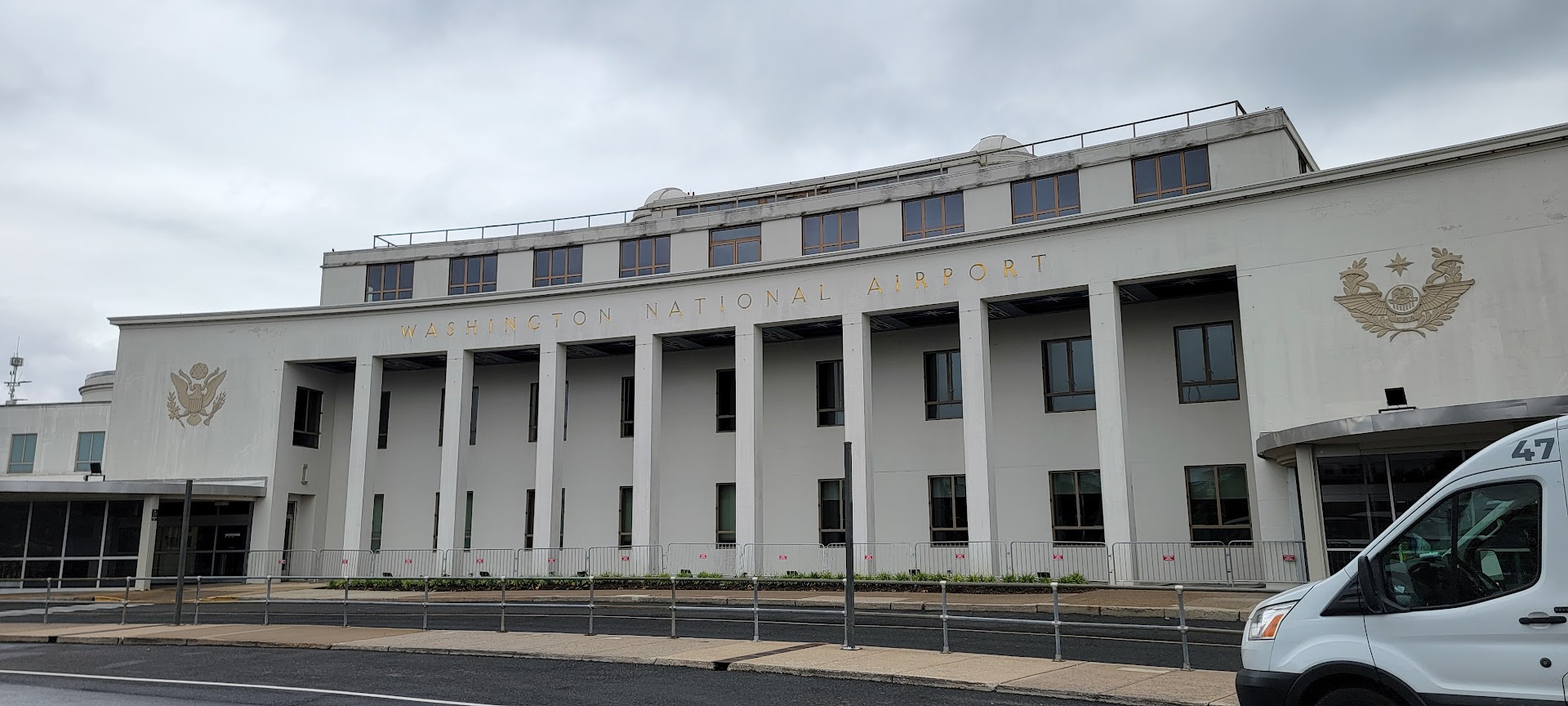
Congress gamed this by stating that four of the new routes had to go to the largest airlines already serving the airport (non-limited incumbents) and one to an existing airline at the airport that was smaller (limited incumbent). New entrants to the market were legally barred from one of the slot pairs.
In case there was any doubt what was intended, Senator Maria Cantwell – who chairs the committee that wrote the law – sent a letter to Transportation Secretary Pete Buttigieg making clear that American, Alaska, Southwest and Delta should get these slots. The fix was in.
Congress granted Alaska the limited incumbent slot pair, and granted American, United, Delta and Southwest the non-limited incumbent slot pairs.
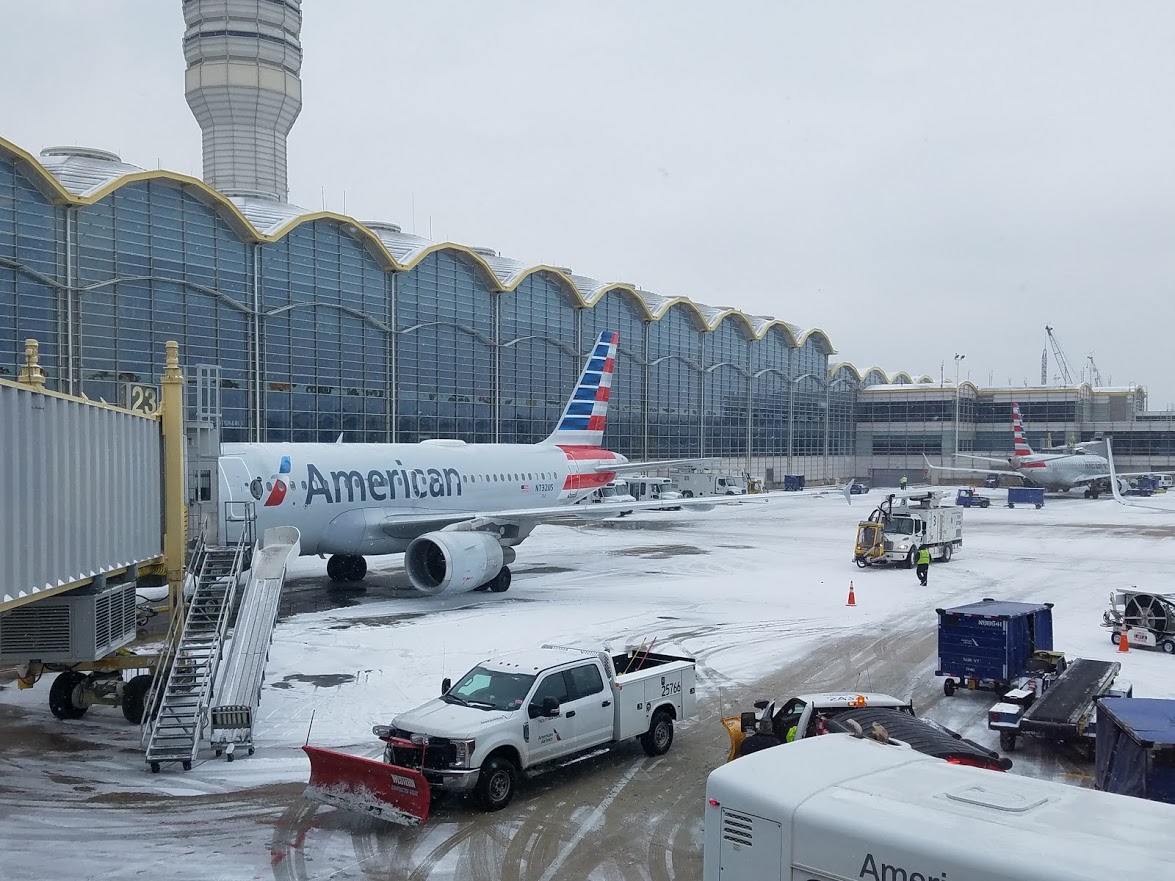
Spirit Airlines Should Have Received The ‘Limited Incumbent’ Slots
The whole issue really hinged on who would get awarded the fifth flight, and that depended on which airlines qualified as a limited incumbent. It turns out the rules on this are complex, but DOT clearly misread them.
To figure out which airline gets the ‘limited incumbent slot’ DOT decided that’s just Alaska. However Alaska is not a limited incumbent – and Spirit Airlines, which got passed over, is.
- DOT broke the requirement up into two parts, saying the carrier has to be an incumbent at the airport, that while limited incumbent is defined incumbent is not, so they decided on their own to say it means an airline currently operating from the airport.
- Then they said the limited incumbent requirement, already defined, comes into play. In other words, DOT created its own rule to exclude Spirit which does not currently fly from National – even though they qualify as a limited incumbent under the terms of current law (since they used to fly there).
Spirit qualifies under the regulatory definition of limited incumbent, which is all that’s required to be eligible for these slots under the law. DOT award the limited incumbent slot to Alaska, which does not qualify. (Alaska had probably the best proposal and would have gotten an award either way, as a non-limited incumbent.)
14 CFR § 93.213 says that, in determining whether an airline is a limited incumbent,
[T]he carrier is considered to hold the number of slots at that airport that the carrier has, since December 16, 1985:
(i) Returned to the FAA;
(ii) Had recalled by the FAA under § 93.227(a); or
(iii) Transferred to another party other than by trade for one or more slots at the same airport.
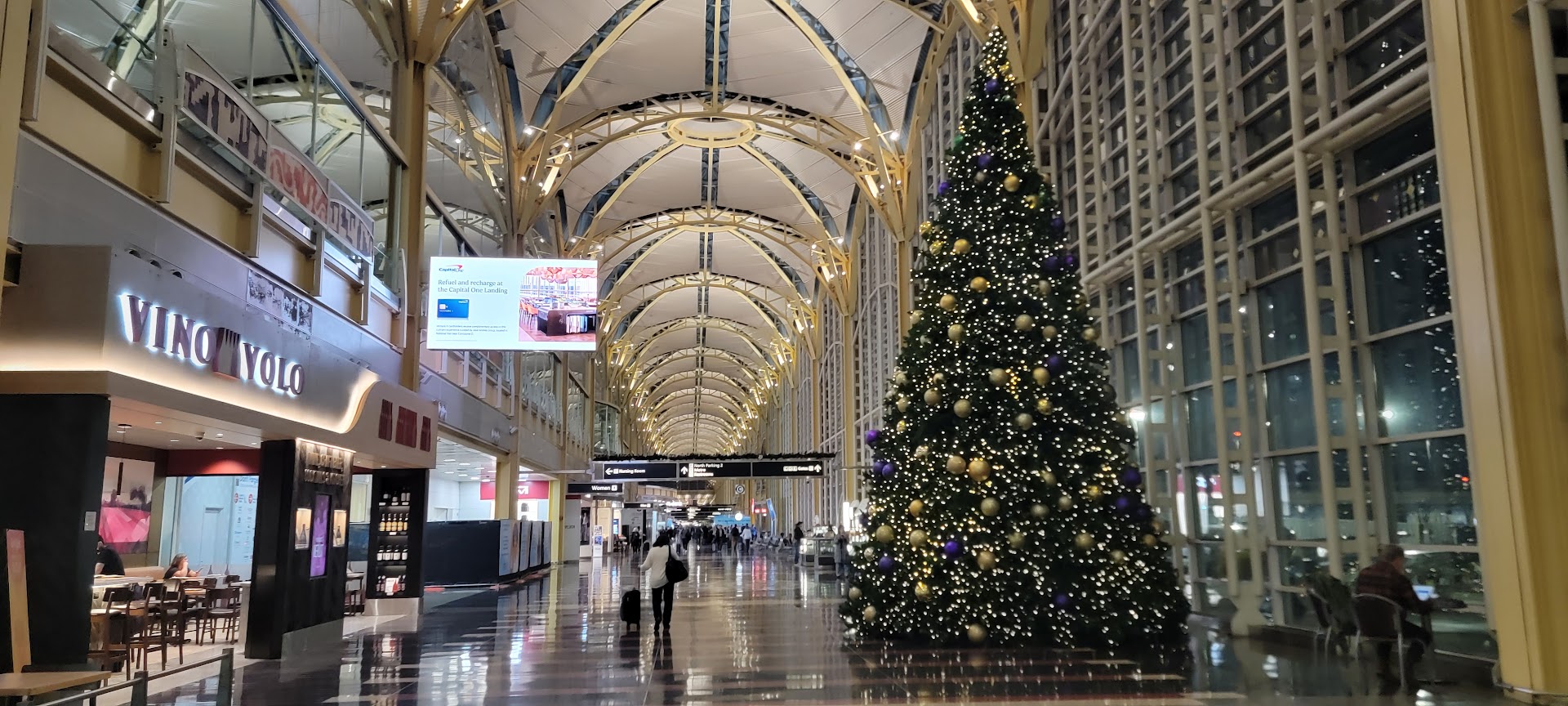
Meanwhile a “new entrant” means “a commuter operator or air carrier which does not hold a slot at a particular airport and has never sold or given up a slot at that airport after December 16, 1985.”
Spirit Airlines does not fly to Washington National airport, yet still qualifies as a limited incumbent carrier at the airport. Between ~ 2008 and 2012 Spirit operated there to Fort Lauderdale and at one point also flew to Myrtle Beach. The fact that they used to serve the airport makes them a limited incumbent, and not a new entrant. They should have been considered for the limited incumbent slot. In fact, they should have been the only one considered!

DCA Historic Lobby
Alaska Airlines Should Have Been Considered A Non-Limited Incumbent
While I think DOT is wrong on their interpretation of Spirit’s ineligibility, they’re especially far afield in their discussion of why Alaska Airlines is eligible as a limited incumbent.
- Their status as a limited incumbent is supposed to be judged in total with their codeshare partners. They codeshare with American Airlines at the airport. That should be the end of the discussion. Combined, they are the largest at the airport and not a limited-incumbent.
[A]n air carrier that operates under the same designator code, or has or enters into a code-share agreement, with any other air carrier shall not qualify for a new slot or slot exemption as a new entrant or limited incumbent air carrier at an airport if the total number of slots and slot exemptions held by the two carriers at the airport exceed 20 slots and slot exemptions.
- DOT acknowledges this but says that since American and Alaska can’t codeshare on Alaska’s flights out of National airport based on a legal agreement, giving them another exemption slot won’t add to their American Airlines codeshare. That’s irrelevant under the law, and misses the point, since Alaska’s reach is determined by its codesharing on American’s flights anyway – not the other way around.
- Alaska does put their code on more than 50 American Airlines flights from the airport, so I’m not sure how DOT can conclude that “Alaska does not receive any meaningful access to the DCA market via its relationship with American” nor should this matter. The clear meaning of the language, which DOT elevates to deny access to Spirit, clearly says Alaska is ineligible.
The law requires DOT to consider Alaska a non-limited incumbent (so eligible to compete for 4 of the 5 slots against larger airlines) rather than in its own smaller category because the analysis is supposed to include American Airlines codeshares. Alaska codeshares heavily on American flights at the airport. DOT waves this away.
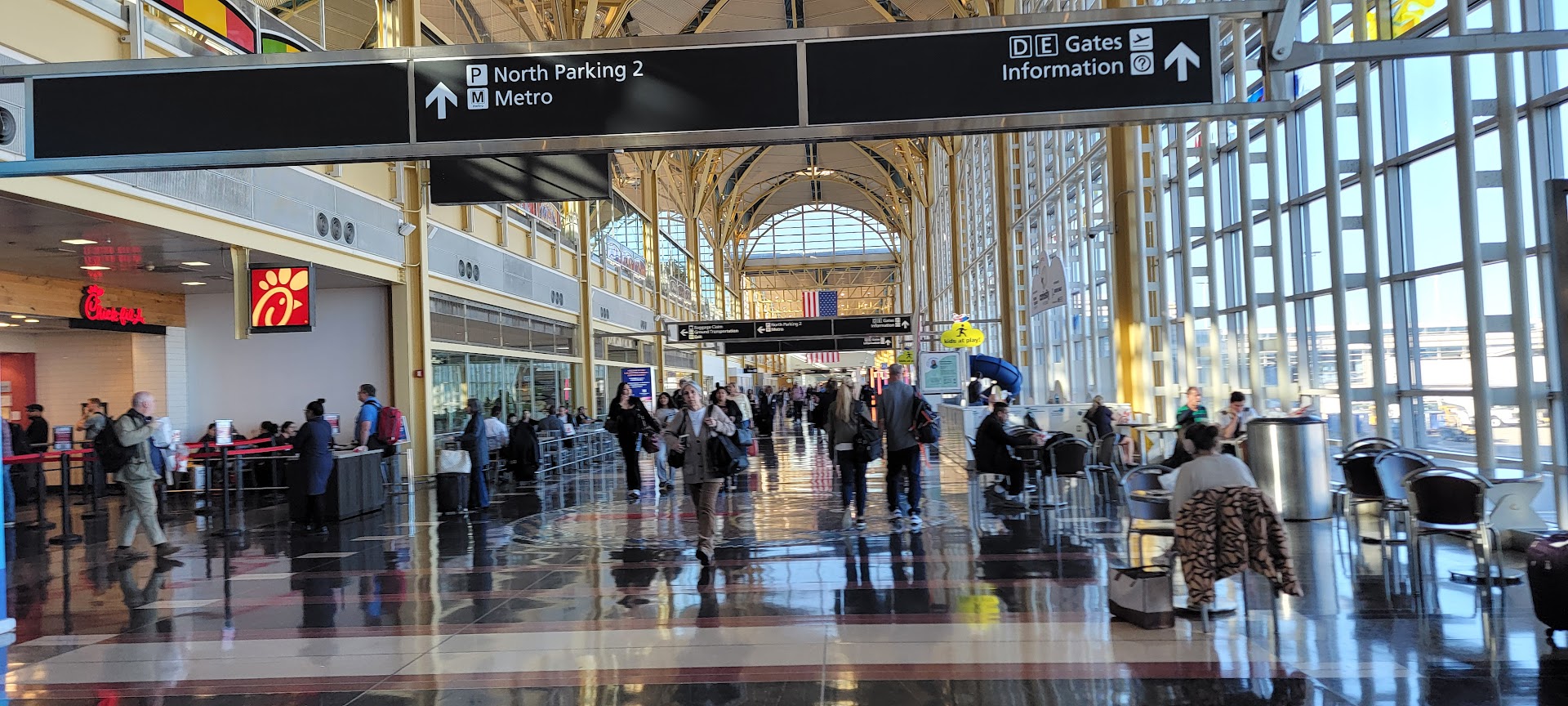
How This Would Have Changed Slot Awards
Spirit should be considered for the limited incumbent slots because they held slots at the airport at the time the law requires. As the only airline eligible (Frontier wants to be eligible, but their beyond-perimeter flights don’t count, plus they wanted a San Juan flight which is a route already served – inferior to Spirit’s desire for San Jose), Spirit would have won the limited incumbent slots.
Alaska asked for unserved San Diego, and that would have been among the most compelling proposals plus it’s one that the drafters of the law wanted. They’d have pushed out United, which:
- lobbied hard against these slots in the first place
- wanted San Francisco, which they already serve
- and which already has competition from Alaska
- and was proposed to operate earlier than the law allowed
In other words, Alaska would have pushed out the weakest proposal otherwise.
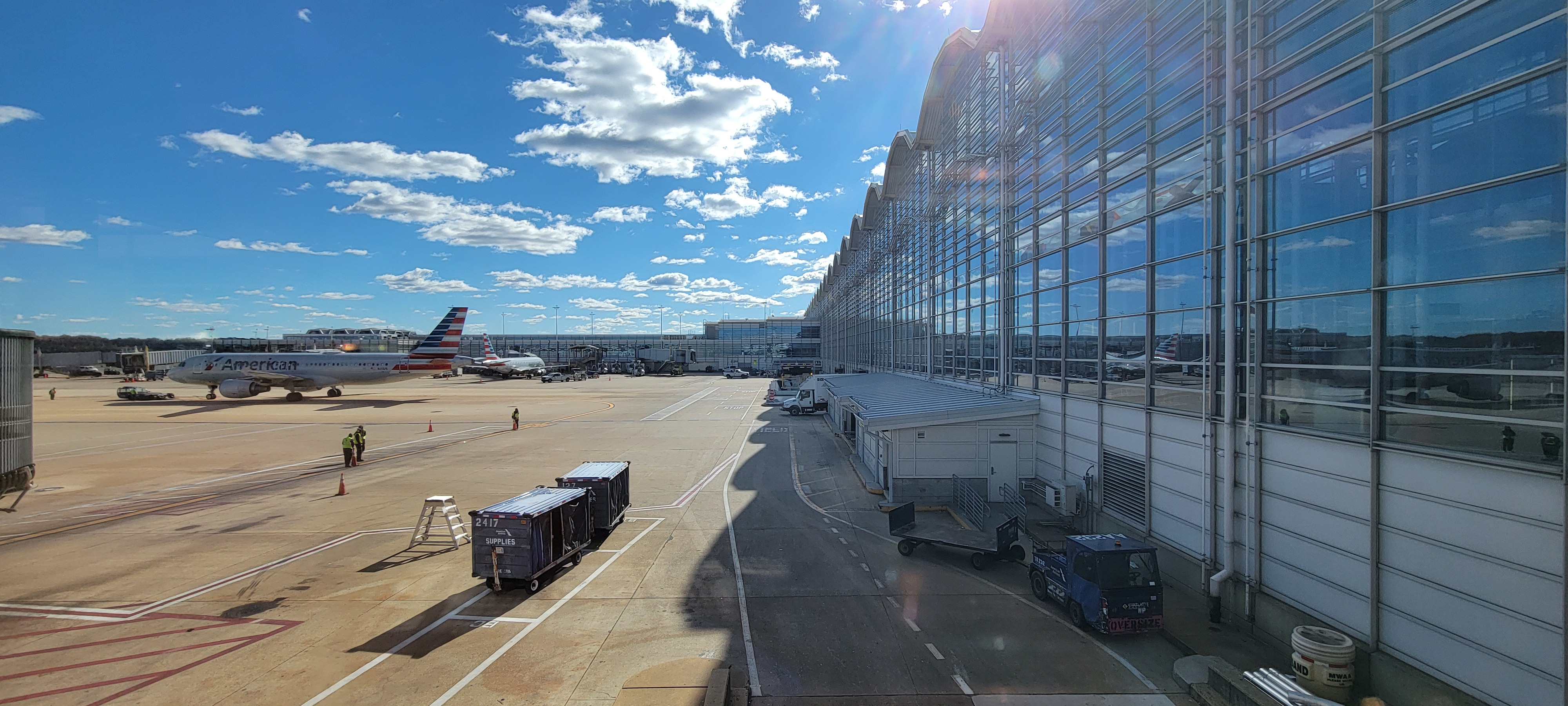
Instead, the agency decided – incorrectly – that Spirit was ineligible for the slots, and didn’t consider them for San Jose.
Spirit Airlines should sue despite being in bankruptcy. In fact, further bolstering their case that they have a presence at the airport as a limited incumbent, a former Spirit employee shares that – until and unless this is rejected in their bankruptcy – they still pay rent to the airport!
MWAA has still charged rent to Spirit for space at DCA (I think it finally ends this coming FY) per terms of the lease from when they operated to DCA prior to I think it was 2013. Even after Spirit sold its slots to Southwest, still MWAA held Spirit (as it should) to the lease for gate holdroom, office space, and operations/storage space. Southwest obviously needed a gate and related space – Spirit of course offered to sublet with a 15% administrative fee and Southwest agreed… then complained to MWAA who agreed to let Spirit out of whatever space Southwest would sign onto. However, one small like 30 sq ft closet on the lower level of the concourse didn’t get taken and Spirit has still been charged every month for the last decade.
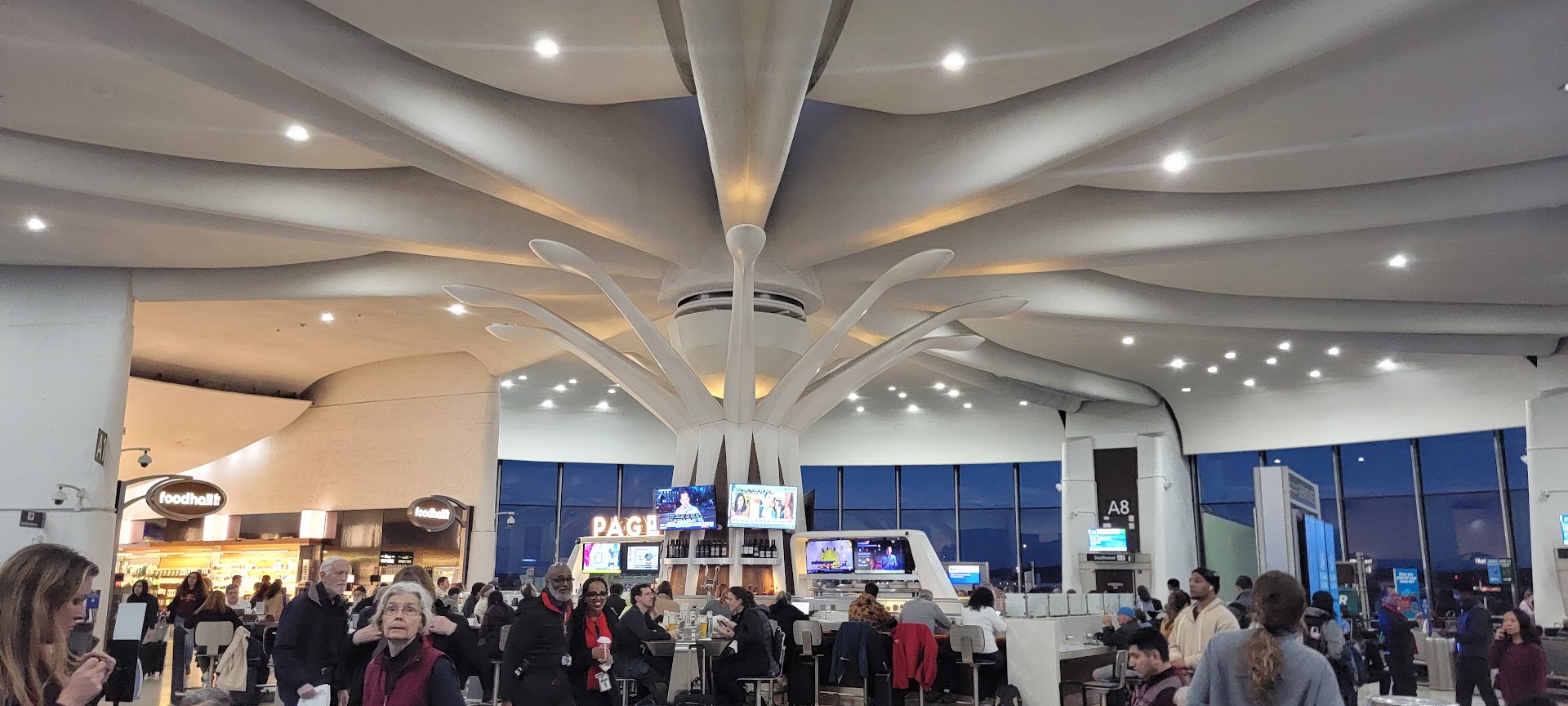
The Department of Transportation basically made up its own law, in order to give a slot to United Airlines over Spirit Airlines. It’s quite amazing the lengths this administration has gone to undermine Spirit, now in bankruptcy, and also JetBlue.


I get it; we are an extremely litigious society. In many situations, the way to defend yourself is to sue someone or something. But, let’s be realistic here: Spirit has its hands full with its bankruptcy. While it could pursue this suit, Spirit is waiting for the next administration to cut back on anti-trust enforcement, so it can sell and/or merge with someone else, like jetBlue.
@John – they’d be more valuable to an acquirer with the beyond-perimeter slot!
Why should an airline be awarded a slot that doesn’t serve that airport and pulled out of that airport, in this case in favor of BWI? Moreover, the entire restrictions are moronic. The airport isn’t set up for International other than Pre Clearance but let airlines choose routes they can make the most money on. Yes, given the small size of the airport the airport authority needs to limit the number of flights per hour.
The awards are corrupt. It shows how corrupt Secretary Buttigieg and Senator Cantwell are. They should have awarded the 5 slots to the 5 best proposals. If so, the small airlines would have still lost except Spirit’s San Jose, CA flight might have been awarded.
Gary,
Give it up.
this is like the sixteenth article on the latest DCA slot awards, all with the same message.
And NK might have been eligible but they were in known severe financial problems and had already cancelled dozens of routes at the time the DOT rendered their decision so it is not a given that they would have kept the route. Further, SJC as a whole continues to be far behind the rest of the country in return of capacity.
I don’t disagree about AS but the only other alternative would have been a 2nd SJC flight on B6 which is hardly the best use of DCA’s limited outside perimeter flights.
The real crux of the issue is that Congress (at the largest airlines’ behest) created almost enough new outside perimeter frequencies for just about everyone to get one so it appears the process is competitive when it is clear that the real intent is to weaken the perimeter restrictions to the point that IAD is a less attractive hub and also to give other carriers a more relevant position at DCA given AA’s dominance of short-haul travel there.
all of the routes that were awarded will do well and consumers will benefit.
Coulda, woulda the airline industry be different and better? Of course, but we don’t live in a world of bests anymore…
Nobody wants a gutter airline like Spirit to get a precious DCA route. End of story.